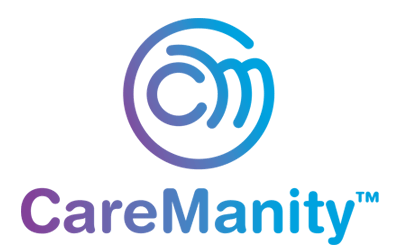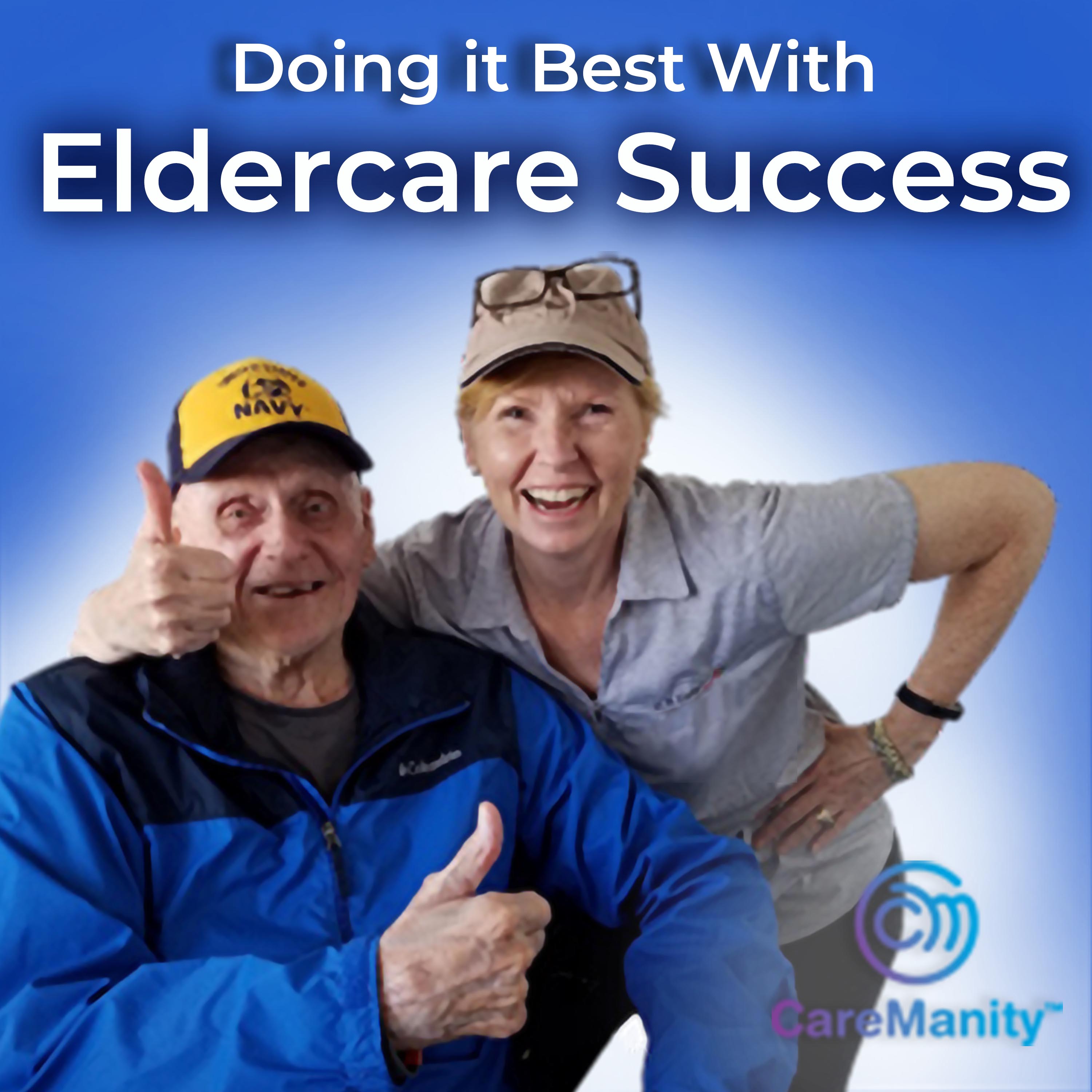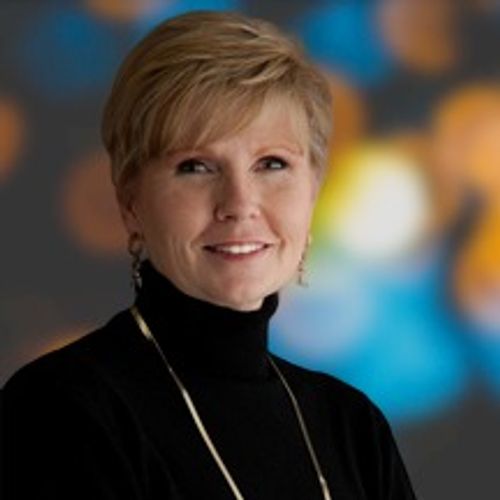Episode 33
Tips for Hiring Great Aides and Caregivers
Finding good aides, or a health care agency isn’t easy. In this episode, I disclose some key points to make your caregiving life easier, especially when it comes to hiring aides as well as knowing when and how to let them go -- even if they’re with an agency.
While I’m at it, I recommend that everyone in your family and all those caring for your parents learn CPR. Below is a link to where you can find a local program. When checking these out, make sure that the course instructor covers CPR for older, frailer, adults, as their bodies require special care and pressures when applying resuscitation.
- CPR Professor: However I highly recommend everyone attend the program in person. Knowing how to do hands-on CPR takes practice
- American Heart Association, CPR, First Aid, and Emergency Cardiovascular Care
- The American Red Cross: The Red Cross also offers online training, yet the hands-on experience is critical to sharpening one’s ability and building ‘’muscle memory’’ skills in any emergency situation.
Key tips for hiring an aide. . . Look for:
- Experience in working with older and frail adults, physically/emotionally challenged persons, or groups of children.
- C.N.A. or other training. While important, certifications can be acquired later, if necessary for your situation. Many visiting nurses will provide the necessary support and basic skills training to anyone caring for an aging parent or adult
- Compassion and Empathy
- Patience: an ability to calm or slow things down without getting frustrated with the person they’re caring for. Caring for an older frail adult, especially someone who’s dealing with anxiety issues can be challenging. This takes patience and the ability to provide gentle guidance when necessary.
- An understanding of how to connect with and speak with older or impaired adults without being overly simple or using baby talk.
- Conversation patterns that show a willingness to personally connect with your parent
- How often do they ask questions and how they wait for responses.
- Eye contact: How often do they look at someone like they are a person rather than as an object in a chair?
- Engagement: Do they ask you about your parent’s life stories? What were they like as a parent? What things do they love (or had loved) to do?
- Their suggestions or ideas on introducing activities or ways to make days more enjoyable.
- Whether they can and will cook for your parents. If so, do they take time to learn about their favorite foods or meals that have meaning to them? Dietary restrictions, or teeth problems?
- How will they handle safety concerns?
- Their ability to be and show kindness.
The care needs of your parents will change over time. Whether an aide is able to step up and adjust to those changes, should be a major concern. When times change, and your aide can’t, it may be time to find a new aide.
Finally, I always recommend that all family members keep looking for good aides, even if you have a team in place that you trust. Aides are human: they have their own needs and situations, which will change over time. Some will resign on you, no matter how well you treat them. You always want to have the support your loved ones need, when they need it.
Host: Nancy May, Author of How to Survive 911 Medical Emergencies, Step-by-Step Before, During, After! is an acknowledged expert in managing the path of step-by-step caring for aging parents, even from over 1200 miles away. For a free, fillable File-of-Life go to www.howtosurvive911.com. Nancy is also the Co-Founder of CareManity LLC, and the private FaceBook group, Eldercare Success.
Disclaimer: The views, perspectives, and opinions expressed in this show are those of the show guests and not directly those of the companies they serve or that of the host or the producer CareManity, LLC. The information discussed should not be considered or used as medical, legal, or financial advice. Please seek the advice of your own personal medical, legal or financial advisors as each person’s situation is different. (c) Copyright 2022 CareManity, LLC all rights reserved.
CareManity is a trademark of CareManity, LLC.
This podcast uses the following third-party services for analysis:
Podtrac - https://analytics.podtrac.com/privacy-policy-gdrp


